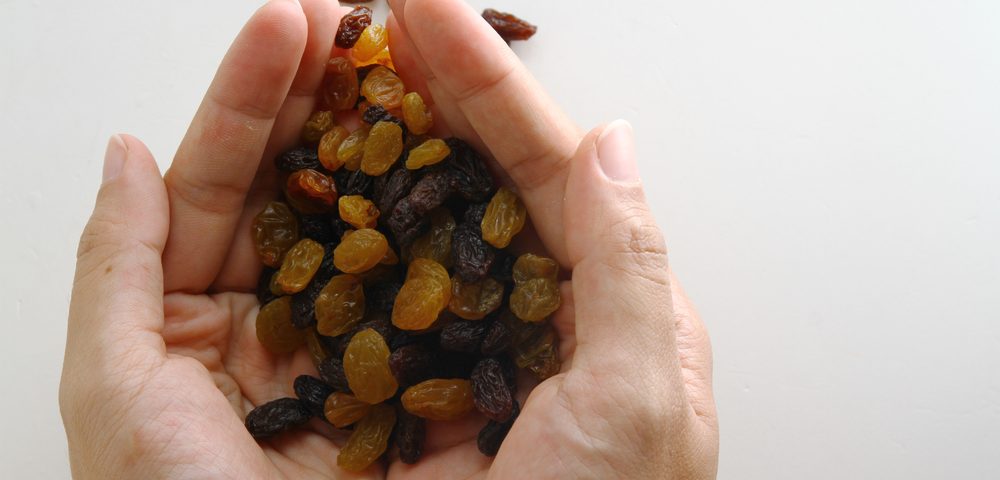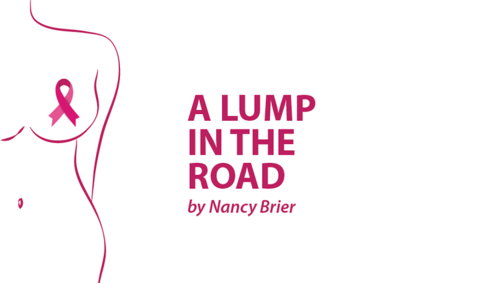“Study a raisin,” Dr. Matthew McQuaid told me.
“What?” I asked.
“A raisin. Study it. Look at the way its skin folds into itself. Examine its lines. Look carefully at where the stem meets its body, the curvature of its edges. Hold it next to your ear and listen to it crackle.”
I got it. He wants me to study a raisin.
Dr. McQuaid and I were discussing mindfulness, a philosophy that focuses on awareness of the present moment, calmly acknowledging thoughts and feelings, both physical and emotional. It’s a philosophy that resonates with the doctor and one he employs in his work with patients.
As a cancer survivor, some people might wonder why I chose to interview a podiatric orthopedic surgeon, a foot guy. Matthew McQuaid is a board-certified podiatrist and surgeon with a private practice in Lakeport, California. He also practices at Sutter and Adventist hospitals.
Although he may have particular expertise in foot and ankle orthopedics, what he really focuses on is healing. And I am eager to heal, to be cured fully from every aspect of cancer. The kind of cancer I have, triple negative breast cancer, is aggressive and prone to come back within the first five years of diagnosis. I’m open to any philosophy that might help stave it off.
The five components of healing
My conversation with Dr. McQuaid was fascinating. In his words, mindfulness is a commitment to living “moment by moment, without judgment.”
Healing, he says, requires five key components. Some people think healing occurs only on a physical level, but this doctor believes it involves emotional, attitudinal, spiritual and mental aspects as well.
Attitude, he told me, is a huge component of healing and the easiest one to tap. “It’s everything,” Dr. McQuaid says. “Your grandmother taught you that.”
It’s true. My grandmother taught me that having a positive attitude takes effort and needs to be cultivated into habit. Dr. McQuaid says a good attitude for healing requires trust and willingness.
“How do you heal? You trust,” he says. “Trust in the process, trust in your healer. If you have an attitude of skepticism, it will inhibit your progress.”
In my experience with cancer, this advice struck a chord. During treatment, I saw one physician who immediately recommended a mastectomy, and I didn’t trust her. I believed in her good intentions and her expertise, but a gut feeling wouldn’t let me trust that she was the right doctor for me. Ultimately, I took a different path, found a new physician, and trust came easily. Without that, I feel certain my outcome would have suffered.
When Dr. McQuaid said that you have to trust your healer for optimal results, his words resonated with me.
Another crucial part of attitude is willingness, Dr. McQuaid said. There has to be a willingness on the patient’s part to participate, to do what it takes to get better. Patients who adopt a positive attitude and demonstrate a willingness to participate in their own recovery typically have better outcomes.
The power of mindfulness
So what does all this have to do with raisins?
Simple. Studying a raisin is a beginner’s exercise in practicing the art of mindfulness, of living moment by moment, without judgment. Anyone can try it, and perhaps the lessons it delivers will overlap into other areas of life.
“Spend five minutes with a raisin,” Dr. McQuaid says. “Study every aspect of it, using all your senses, then slowly put it on your tongue. Chew and swallow it thoughtfully. If you do, my guess is that you’ll experience an explosion of flavor you never knew was possible from one tiny dried grape. And while you’re doing that exercise, be aware of how judgment enters your mind. You might find yourself thinking how stupid it is, that it’s a waste of time. Don’t chastise yourself for those judgments, but be aware of them.”
“That exercise” he says, “in a small way, demonstrates the power of mindfulness. Adopting that philosophy can be transformational in healing.”
The last time I ate a raisin, I was on a field trip at my daughter’s school. One of the other moms passed out those cute little boxes of raisins. I dumped the entire contents into my mouth without giving it a thought.
After my conversation with Dr. McQuaid, I resolved to give the raisin exercise a try, and when I do, I’ll share my findings and how I believe they could relate to my cancer journey. And I’ll explore another part of my conversation with this doctor: the promise of mindfulness and how it can help in the recovery process.
Until then, whether you eat your raisins in one big gulp or savor them one at a time, here’s hoping that your cancer experience delivers interesting lessons and brings fascinating people into your life. And when it happens, you are mindful enough to be grateful.
***
Note: Breast Cancer News is strictly a news and information website about the disease. It does not provide medical advice, diagnosis, or treatment. This content is not intended to be a substitute for professional medical advice, diagnosis, or treatment. Always seek the advice of your physician or other qualified health provider with any questions you may have regarding a medical condition. Never disregard professional medical advice or delay in seeking it because of something you have read on this website. The opinions expressed in this column are not those of Breast Cancer News, or its parent company, BioNews Services, and are intended to spark discussion about issues pertaining to breast cancer.


